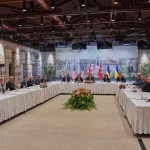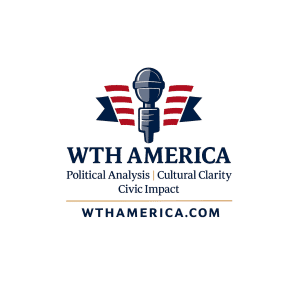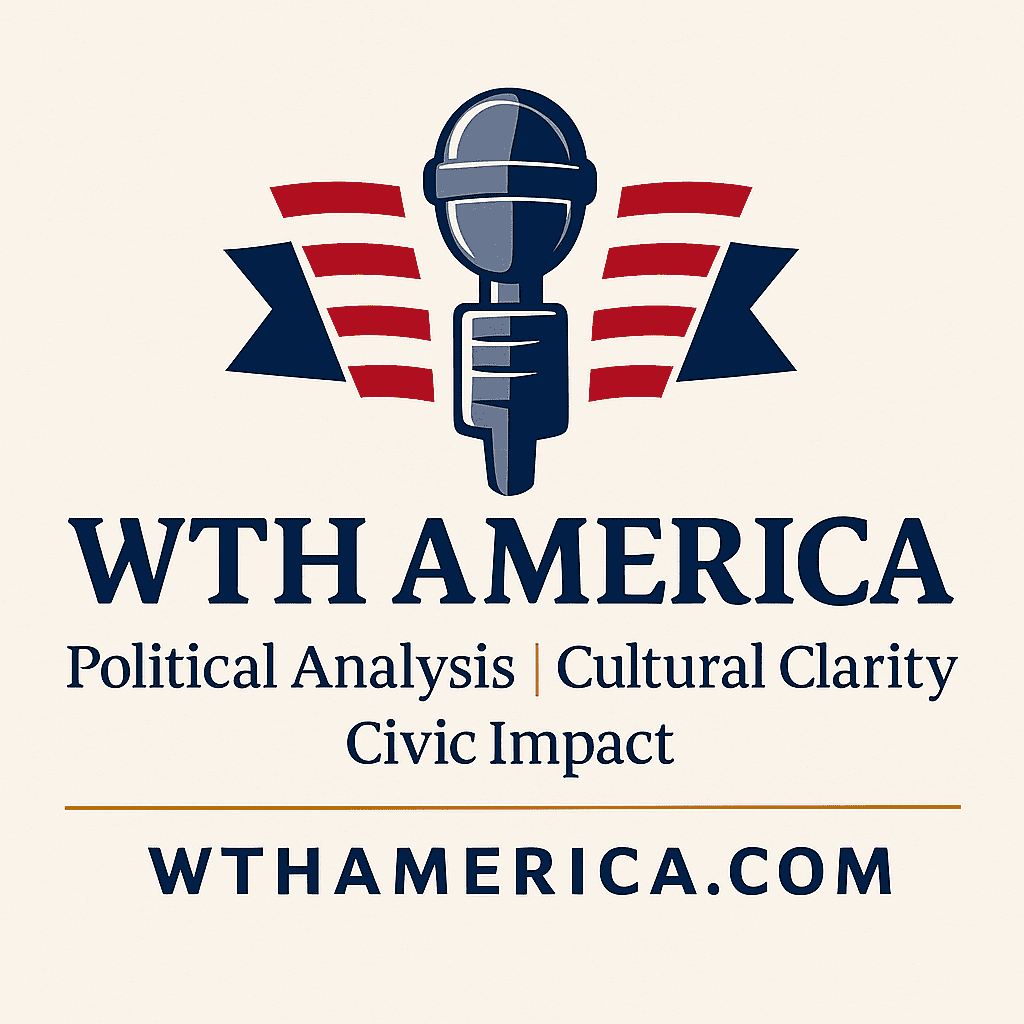
How to Catch a MAGA Spy (w/ Suzanne Lambert)
May 17, 2025
Direct Russia-Ukraine Peace Talks Fail to Secure a Cease-Fire
May 17, 2025On Thursday, a crowd of demonstrators packed into a square near Südstern metro station in central Berlin to mark seventy-seven years since the Nakba, the first mass displacement of Palestinians from Palestine, and demand an end to Israel’s assault on Gaza. Estimates of the size of the rally have varied wildly, from one thousand to four thousand. This may seem small compared to similar demonstrations in other parts of the world. But the scale of repression against Gaza solidarity demonstrations in the German capital, and annual Nakba protests in particular, made this gathering significant.
In 2022, Berlin police arrested 170 demonstrators on Nakba Day for holding Palestinian flags and wearing keffiyehs. Violent arrests are commonplace, especially since the start of Israel’s war on Gaza. And in recent months, the German state has moved to deport Gaza solidarity activists, including several European Union citizens.
The Nakba, or “catastrophe” in Arabic, refers to the ethnic cleansing of Palestine that began in earnest on May 15, 1948, the day after the formal establishment of the State of Israel. An estimated 15,000 Palestinians were killed, and more than 750,000 people were displaced from their homes, towns, and land. That figure is half the number of people believed to have been displaced by Israel’s genocide in Gaza, which is estimated to have killed at least 53,000 people, including more than one hundred on Thursday. That assault has given renewed energy to the annual demonstration, especially as some Zionist Israelis have called for a “second Nakba” to clear Gaza of its population.
The threat of police violence and an ongoing legal battle around restrictions on protest didn’t deter many members of Berlin’s pro-Palestine movement from showing up to mourn the Nakba and demand justice for Gaza — even on a work night. The protesters represented a diverse slice of the German capital. Women wearing traditional embroidered Palestinian dresses waved signs shaped like keys, a symbol of the homes left behind during the Nakba and the Palestinians’ right to return to them. A delegation of anti-Zionist Jews held a banner near the stage while nearby others held the flag of the Syrian revolution, anti-fascist pennants, and a wiphala, the rainbow symbol of indigeneity in Bolivia. Next to the speaker’s platform, two small girls stood side by side, one shouting slogans at the top of her voice while the other kept her eyes on the ground, holding up a sign shaming the German state for criminalizing Palestine solidarity.
Nizar grew up in the occupied West Bank and returned to Germany from a visit to Palestine several months ago. “Things like this are well-appreciated in Palestine,” he told Jacobin of the Berlin Nakba demo. “It does touch people, especially when it’s protests in Europe, by people who have no direct connection to Palestine, no Arabic background.”
Iranian activist Nader lives in exile in Berlin. He called the protest part of an “impressive wave of solidarity around the world” which, though targeted by state repression, has “revealed the hypocrisy in [Europe’s] claims over human rights, humanity, or whatever they preach . . . while really, they’re complicit in genocide.”
“I don’t think we need awareness,” Nader told Jacobin. “I think we need a rupture with the current order of things. . . . It’s about saying that, no, it’s not okay that all this is happening.”
From the outset, the demonstrators were flanked by police. And about an hour into the rally, the police had already pulled at least one person from the crowd behind their lines, where he stood waving a peace sign to photographers. But police violence would grow in intensity as the day went on: some social media reports accused police of wearing gloves packed with quartz sand for more intense punches, though they also tackled, kicked, or pushed some demonstrators and journalists. Several people reportedly required medical attention as a result of the beatings they received, while one photojournalist cited eyewitness reports that police tried to stop paramedics from reaching the injured. Organizers reported police “applied pain grips, knee-to-neck maneuvers, and choke holds” on people they arrested, covering the eyes and airways of others and landing blows to demonstrators on their heads or near their kidneys, before clearing the area around 8:30 p.m., less than five hours after the protest began.
According to a report by Deutsche Press-Agentur, a German news agency, police spokesman Florian Nath said more than thirty protesters were arrested at the rally — though organizers put the number at eighty-eight — and several officers were injured, including one who was dragged into the crowd by demonstrators. One of the individuals, a Gazan currently living in Berlin, was “seriously injured in the process and was initially denied immediate medical assistance,” lawyer Benjamin Düsberg said in a statement. Organizers announced on social media after the rally that they’d gather outside the Tempelhofer Damm police station on Friday morning, in support of at least two people they said were still in police custody. “Not only did the police decide to beat us up on the streets, they blindfolded our comrades in prison cells and beat them up, too,” the statement read. They rallied at the station again on Friday evening and have planned another demonstration for Saturday night.
Despite growing up in the West Bank, Nizar says he’s found the level of anti-Palestinian sentiment in Germany, especially official repression of opposition to Israel, surprising: “It feels very much like I’m in Israel, not a third country,” he said.
Berlin police temporarily banned demonstrations to officially commemorate the Nakba in 2022 and 2023, evidence that Germany’s heavy-handed approach to policing pro-Palestine protest predates October 7. In fact, this year’s Nakba demo was not only legal — it was the first pro-Palestine action in months that was to have the right to march through the city of Berlin.
According to a statement made by European Legal Support Center (ELSC) lawyer Alexander Gorski shared on social media, Berlin police wanted to use existing restrictions to prevent the protest from leaving the area around the metro station and marching toward Sonnenalle, a street in nearby Neukölln known for its thriving Arabic-speaking community. In response, the group filed a last-minute appeal of the decision to restrict movement.
“We will not accept this attack on the basic human rights of the freedom of expression and freedom of assembly,” Gorski said. “Let the demonstration march.”
The ELSC team’s appeal was an “important legal victory for the Palestine solidarity movement” — if only for a brief moment.
Early on Thursday, the Berlin Administrative Court did grant the Nakba77 demo permission to “proceed as a march and not just as a stationary rally,” according to a social media post by organizers. It would have been the first time authorities allowed a pro-Palestine rally to proceed as a march since they imposed a restriction on ambulatory protests in February.
But there were just hours to go until the rally police carried out what organizers called “a calculated act of repression,” citing barricades and water cannons already at the square, as well as the mobilization of the “notoriously violent special unit BFE,” a so-called arrest unit. Berlin police appealed the ruling to a higher court, which overturned the lower court’s decision and reinstated the ban, stymying efforts to march through Sonnenalle. In fact, by nightfall, dozens of police vans were cruising through the neighborhood; the only lingering signs of the protest were the placards and Palestinian flags in the hands of people queued outside of shawarma shops.
Sam Weinstein attended the rally as a member of the International Jewish Anti-Zionist Network (IJAN). He said he came from the UK to mark the Nakba in Berlin, a symbolic stand against the level of repression being levied at the pro-Palestine movement in the city, which is also home to one of the largest Palestinian communities in Europe.
Weinstein comes from a long family line of activists. His grandfather arrived from Poland to Brooklyn, where he became a truck driver and trade unionist. His mother is writer and activist Selma James, who cofounded the International Wages for Housework Campaign with Silvia Federici. And through her 1956 marriage, Weinstein became the stepson of C. L. R. James, the author of Black Jacobins, a history of the Haitian revolution and one of the inspirations behind this magazine.
That’s the Jewish tradition Weinstein says he identifies with, the tradition “of Karl Marx and Emma Goldman,” of the Jewish prisoners who participated in countless acts of resistance against the Nazis, including those who blew up gas chambers, as happened at Birkenau — not the Zionist tradition.
“I don’t know who these monsters in Jerusalem are,” Weinstein said of the Israeli government.
As is the case with most Palestine-related demos in Berlin, counterprotesters also registered their own rally against what they described as antisemitism. The demonstration was kept at a distance from the Nakba rally, seemingly guarded by police, waving Israeli flags and a banner against anti-Jewish sentiment.
Yet when Weinstein, who is Jewish, had his turn to address the crowd, his speech triggered chaos: “I’m not against my people. Those are not my people. My people are the Palestinians.” But Weinstein could hardly finish the sentence before helmeted riot police leapt onto the makeshift speaker’s platform on the bed of a truck, blocking him from view and effectively preventing him from speaking.
Displays of solidarity with Palestine have been restricted in much of Europe. In the UK, for example, police recently banned a weekly IJAN protest at the London residence of the Israeli ambassador, in which Weinstein was also a regular fixture. Rights groups from Amnesty International to the Civil Liberties Union for Europe have warned of the dangers such restrictions pose for the integrity of human rights protections on the continent.
Restrictions on dissent have been strong in Germany, especially in cosmopolitan Berlin. Authorities there temporarily banned the use of any language but German and English at pro-Palestine demos, a rule that even led to a protester being detained for using the Irish language at a pro-Palestine rally outside the Irish embassy in April. In total, the Index of Repression, a newly launched tool from the ELSC, documents 766 incidents of measures taken against pro-Palestine actions across Germany from 2018 through April 2025, with 312 of them in Berlin. The vast majority of those incidents took place after October 7, 2023. The index said of a decision by Berlin police to shut down a three-day Palestine Conference last month that the event had not only been “heavily smeared in the media and by politicians, including . . . Dirk Sterner, leader of the Christian Democratic Union in Berlin,” but that to “circumvent violating the right to free assembly, German authorities were reportedly considering technical groups related to the venue’s business license or fire protection regulations to ban the event.”
Wearing a keffiyeh draped over her shoulders, Umnia told Jacobin that she sees the current repression as “more intense and more obvious” but ultimately nothing new. “My father was an Arab man in Germany and he was deported, and I witnessed that as a kid,” she explained. As someone who came of age around 9/11, she said she “grew up in this anti-Muslim, anti-Arab environment, where I saw the Iraq war happening, and we couldn’t stop it.”
Umnia views the repression as political, rather than an effort to protect public safety, as it’s often framed. The trials of protesters who were arrested for chanting “from the river to the sea, Palestine will be free” took place “after people were arrested [for that]. It was not officially banned before. These were political orders, not laws.” She described the mainstream German public’s reaction to the pro-Palestine movement as “disgusting,” adding that she’s lost many friends over it, people who called her “a Hamas supporter, antisemitic.”
“But I really don’t care, after October 7. I feel like before, even though it is not my opinion, I was scared of being called antisemitic,” Umnia explained to Jacobin. “But after October 7, I just stopped caring. . . . It’s scarier than ever, but I’m also standing up for this cause more than ever.”
Great Job Nyki Duda & the Team @ Jacobin Source link for sharing this story.







